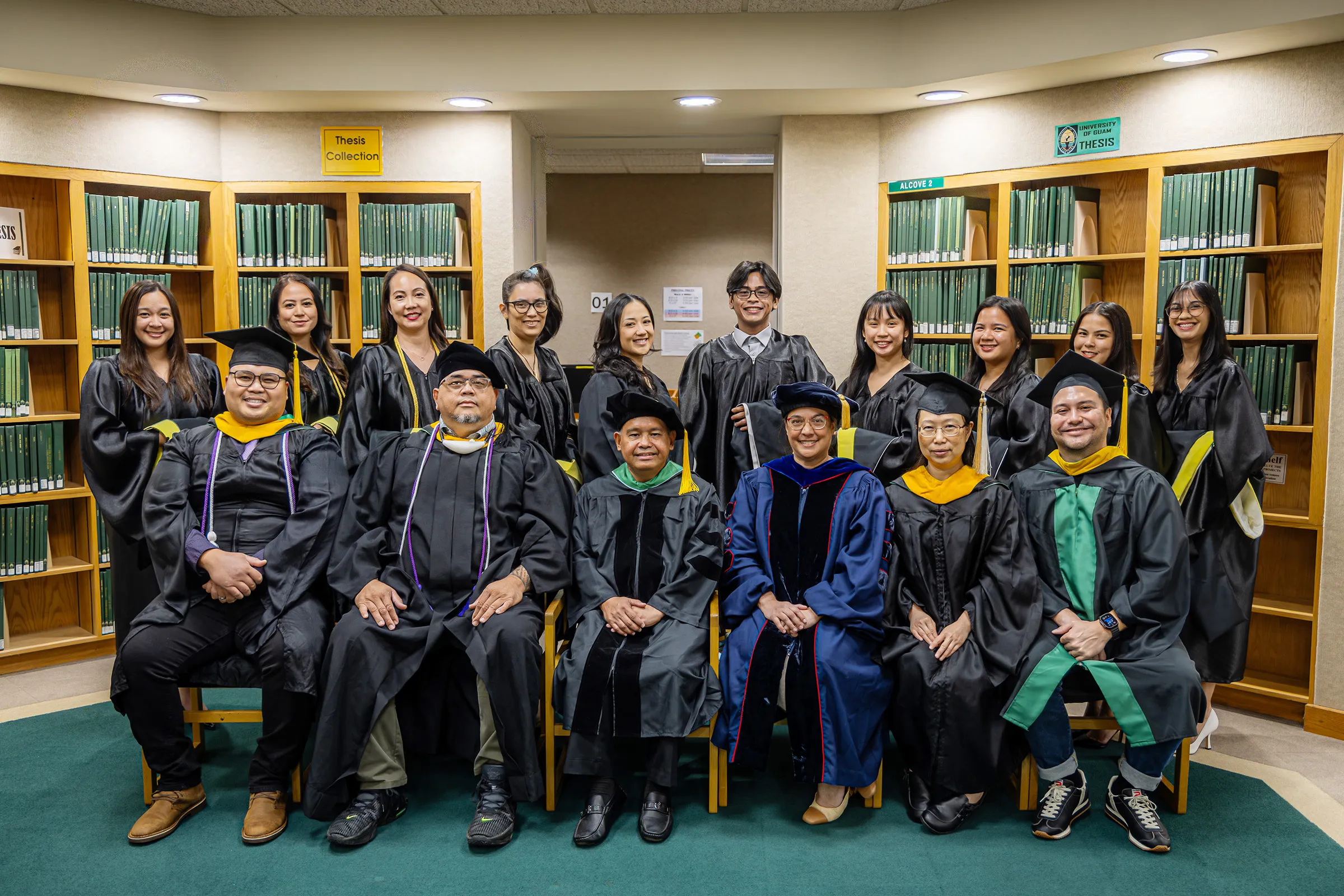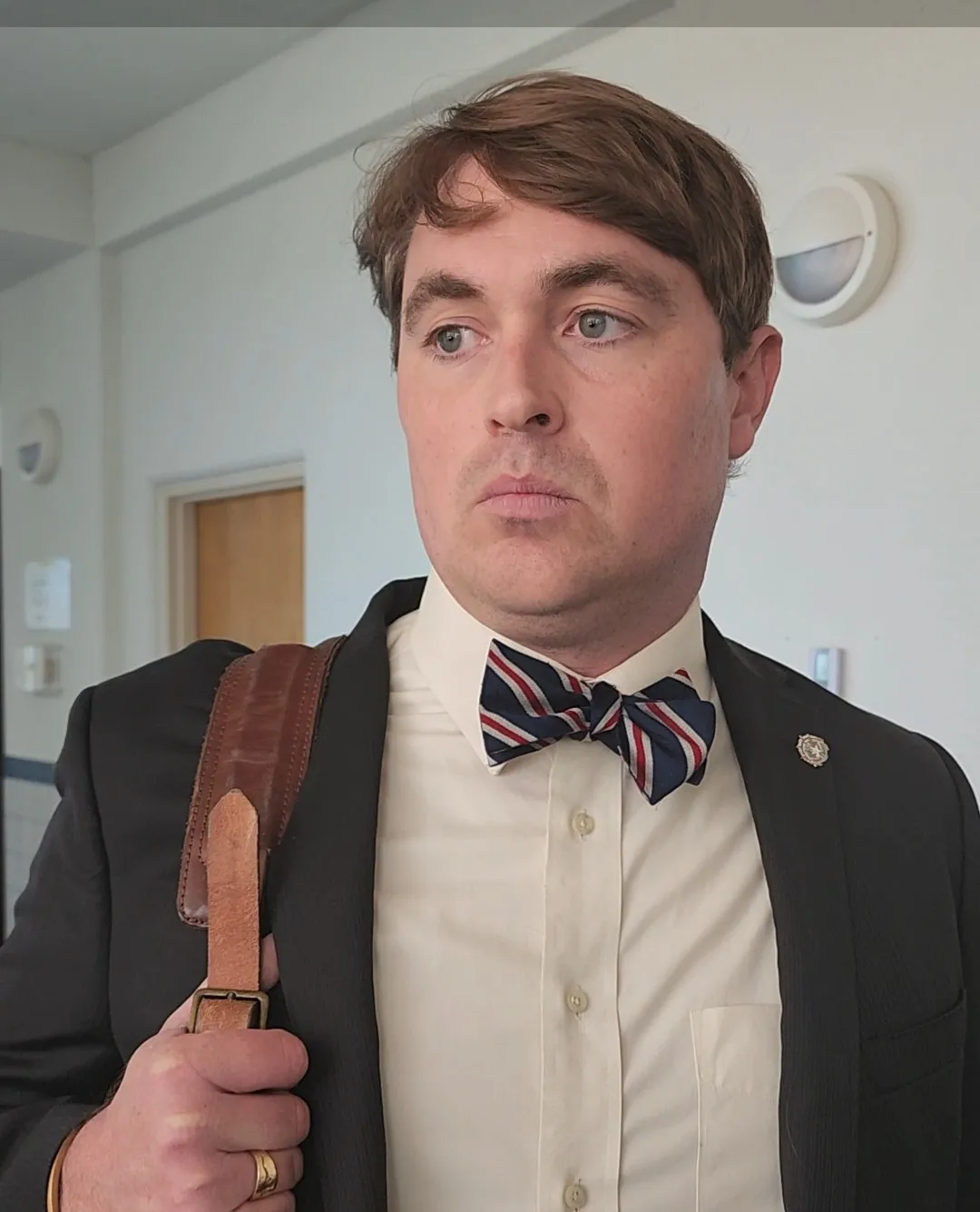It’s a start
REGARDING the PSS budget — specifically, the government’s inability to meet PSS’s full request — a lawmaker complained about the “bloated salaries” of PSS administrative personnel. Fair enough. But what about the bloated salaries and overstaffing in many — if not most — CNMI government entities? What about the redundant offices, agencies, and programs with overlapping functions? What about the slew of cost-cutting measures proposed by the Fiscal Response Summit more than five years ago? That gathering was attended by key CNMI officials, many of whom are still in leadership positions. But as far as we know, only one of its major recommendations — reducing the size of the Legislature — has been introduced, and it’s still stuck in committee with no updates on whether public hearings will be scheduled.
In any case, it’s good that lawmakers are finally showing more interest in the nitty-gritty of the budget they’re tasked to review and pass each year. But for their concern to be credible, they must also look into the line-by-line spending of all branches, departments, divisions, agencies, bureaus, offices, programs, and services.
Human-caused disaster
PRIOR to the passage of the House bill authorizing a $29 million loan to the government, a senator said they were “exhausting the only resources we have,” and warned that if a natural disaster were to hit the CNMI in the future, it “would leave us in a really bad situation.”
Well, look at it this way: CNMI officials are now responding to a human-caused disaster — a mess FEMA was never designed to clean up.
We are in this state of affairs for the simple reason that the CNMI government cannot collect enough to pay for all its obligations. It is spending more than it can earn. Confronted with such a problem, ordinary individuals, businesses, or even households are perfectly aware of what they need to do — spend less. But not the government. It intends to feed its bad financial habit with other people’s money. Its problem right now is that it is running out of other people’s money.
We say there is no “political will” on Capital Hill to do what must be done. But that’s just half the story. There is no political will for significant spending cuts because these are not supported by a majority of voters. Otherwise, they would have been passed and implemented already. We all know what most voters support: more government spending.
But with tourist arrivals still nowhere near their pre-pandemic numbers — and with MVA saying that this downturn may persist for the next year or two — what do you think will happen to the hotels, restaurants, and other tourism-related businesses that are struggling to remain open? How do you think that will affect the government’s revenue base?
What CNMI officials can do now is prepare their constituents for the unavoidable: the return of work-hour cuts and the end of the “voluntary” 25% benefit payments to retirees (call it a “temporary suspension”). As for the other agencies, they should, like PSS, prepare their own cost-cutting scenarios and plan accordingly.
We need the following things to happen to stave off financial collapse: a boost in tourist arrivals, the entry of a new and major investor, or massive, ARPA-like funding assistance from the feds.
In your heart of hearts, do you believe that any of them is likely to happen anytime soon?
Neither do we.









